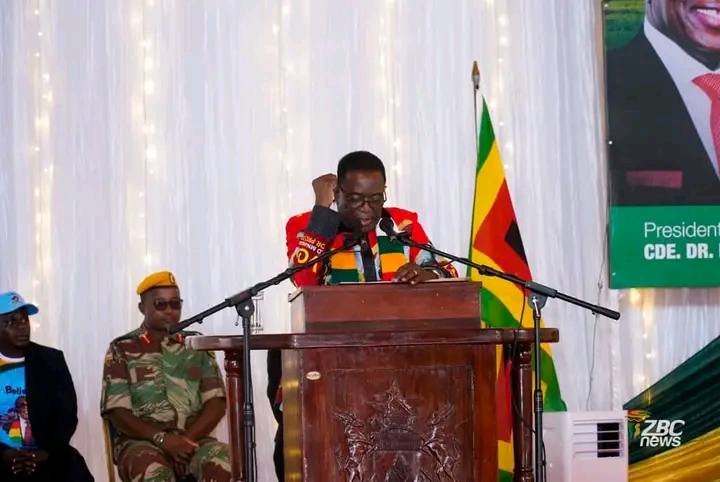Kwekwe Masjid, Midlands, Zimbabwe
By Yadillah Katuli
Millions of Muslims worldwide, including communities in Zimbabwe, are currently observing the Holy Month of Ramadan through prayers and various activities.
Ramadan, the ninth month of the Islamic calendar, holds significant spiritual and communal importance for Muslims globally.
The Islamic calendar, also known as the Hijri calendar, is a lunar calendar consisting of 12 months in a year of 354 or 355 days. It is used to determine the proper days of Islamic holidays and rituals, such as Ramadan and Hajj, and it is based on the lunar cycles rather than the Gregorian solar calendar.
The 12 months in the Islamic calendar are Muharram, Safar, Rabi’ al-awwal, Rabi’ al-thani, Jumada al-awwal, Jumada al-thani, Rajab, Sha’ban, Ramadan, Shawwal, Dhu al-Qi’dah, and Dhu al-Hijjah.
Ramadan is a time of fasting (sawm), prayer (salah), reflection, and togetherness for Muslims worldwide. It is considered one of the most sacred and essential observances in the Islamic faith, embodying principles of discipline, self-reflection, and spiritual growth.
Fasting during Ramadan, which stands as one of the Five Pillars of Islam, entails abstaining from food and drink from dawn to sunset. This act of self-discipline serves as a means of purifying the soul and fostering empathy for those less fortunate.
Throughout Ramadan, Muslims engage in acts of charity and community service, exemplifying the spirit of giving and compassion. Organizations like the Türkiye Diyanet Foundation, Gift of Givers, IHH Humanitarian Relief Foundation, embassies, and other Islamic institutions in Zimbabwe extend their support by distributing food hampers to communities in need.
A number of high-profile figures in the Islamic faith have sent welcoming messages to mark the beginning of Ramadan.
“Have a blessed Ramadan! The best month of the year! It’s a month of fasting, prayer, revelation, forgiveness, kindness, generosity, peace, supplication, brotherhood, humility, empathy, charity, happiness, habit-building, integrity, repentance, recitation, remembrance of the Almighty, and reconnecting with Him,” wrote one of the influential Muslims from Zimbabwe on his official Facebook page, Mufti Menk.
The conclusion of Ramadan will be marked by the joyous celebration of Eid-Al Fitr, which symbolizes the successful completion of the month-long fast. This festival is a time of feasting, prayer, and gratitude for the blessings received during Ramadan.
Ramadan holds special significance as the month when the first Qur’an was revealed to Prophet Muhammad during Laylat al-Qadr, also known as the Night of Power.
This auspicious occasion emphasizes the divine revelation and spiritual enlightenment associated with Ramadan.
With an estimated 1.9 billion adherents worldwide, Islam stands as the second-largest religion globally. In Zimbabwe, Muslims are scattered across all the country’s ten provinces.
Ramadan serves as a time of spiritual renewal, communal solidarity, and charitable giving for Muslims worldwide. Its observance embodies core principles of Islam, fostering personal growth, empathy, and gratitude among believers.
As the Holy Month unfolds, Muslims in Zimbabwe and across the globe come together in worship, reflection, and acts of kindness, strengthening their faith and bonds of community.


